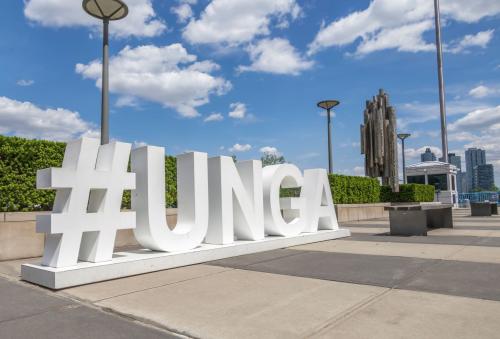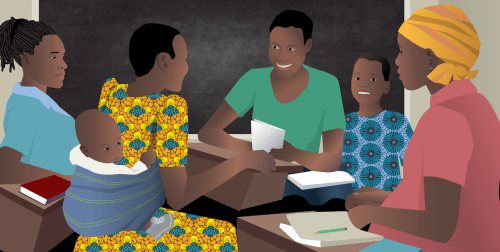

7:30 am EDT - 9:00 am EDT
Past Event
Last month, the Center for Universal Education (CUE) at Brookings, in collaboration with British Asian Trust (BAT), brought together global education experts experienced in reaching the most marginalized with education service providers in India attempting to mitigate the impacts of the COVID-19 pandemic in a webinar. As the knowledge partner for the Quality Education India Development Impact Bond (QEI DIB), the financing structure under which these service providers are operating, we welcomed the opportunity to both provide a learning opportunity for all and enrich our research through the discussion.
The webinar revealed how the pandemic and the stay-at-home policies, including school closures, have severely impacted around 320 million students in India. Though lockdown in India occurred at the end of the school year, education service providers in the QEI DIB have had to identify alternatives to in-school learning that meet the needs of the populations being served. However, in contrast to high-income countries, transitioning to distance learning in India is complicated given that only about 24 percent of Indian households can access the internet and only around 15 percent of households with internet access are in rural communities. Hence, these disruptions will disproportionately affect rural and migrant children in the program who have less access to technology and will likely take longer to resettle once schools reopen. Girls are also more likely to be impacted as they face the risk of early marriage and/or pregnancy. Furthermore, the service providers in the webinar noted that in addition to learning losses, the pandemic is leading to socio-emotional stresses on beneficiary communities and families due to income loss, difficult living conditions, and constrained mobility, as well as public health concerns.
Education in emergencies involves ensuring people affected by crisis continue to have access to safe, relevant, and quality education. Senior Fellow and Co-Director of CUE Rebecca Winthrop explained in the webinar that there must be a substantial focus on the cycle of prevention of and preparedness for emergencies, as well as the response to and recovery from emergencies. She also highlighted four lessons from previous emergencies:
Heather Simpson from Room to Read and Lydia Wilbard from CAMFED Tanzania shared examples of effective strategies of education provision for hard-to-reach and out-of-school populations.
Despite the barrier of not attending classes in person, there are many creative ways that organizations and governments are taking action to reduce learning losses among students of all ages. The discussion highlighted that engaging community leaders is critical to tackling both supply-side and demand-side constraints. Furthermore, identifying the needs of each community, household, and learner is critical to ensure inclusion across socioeconomic strata with a lens on gender issues. The service providers in the QEI DIB are likely to face considerable challenges in the coming months and perhaps even years, but it was clear that with creative problem-solving and the help of other organizations, alternative approaches exist.
The Center for Universal Education receives funding for its work on innovative financing from British Asian Trust and the UBS Optimus Foundation. The views expressed in this blog are solely those of the author.

Brahima Sangafowa Coulibaly, Landry Signé, George Ingram, Priya Vora, Rebecca Winthrop, Caren Grown, Belinda Archibong, Brad Olsen, Jennifer L. O’Donoghue, Sweta Shah, Ghulam Omar Qargha
September 19, 2024

Susan Opok
August 2, 2024

Sweta Shah
June 20, 2024